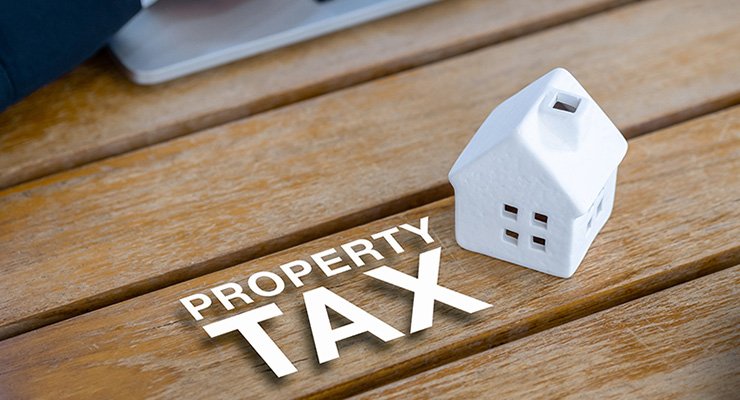FTA issues clarification on corporate tax for real estate investment funds
The UAE Federal Tax Authority (FTA) has issued a clarification regarding corporate tax rules for investors in Real Estate Investment Trusts (REITs) that qualify as exempt funds. The document provides information on investors’ obligations, including details on tax exemptions, income distributions, and compliance requirements in connection with the introduction of the new tax regime effective from January 1, 2025.
Taxes for funds
According to the new rules, both resident and non-resident investors holding shares in qualifying REITs will be taxed on 80% of the income derived from immovable property in the UAE, in proportion to the income received.
However, investors are exempt from paying tax on this income if it is distributed by the fund within nine months after the end of the financial year. Additionally, if an investor has sold all their shares in the fund by that time, the income from real estate is also not subject to tax.
The FTA confirms that REIT investors are considered legal owners of their shares for tax purposes and must therefore calculate and declare taxable income accordingly.
Reporting and disclosure requirements
The FTA has outlined key compliance measures for both REITs and investors. The main provisions include:
• Profit distribution: Clarifies how REIT dividends affect the investor’s taxable income.
• Investment-related expenses: Certain investment expenses may be deducted.
• Asset sales: Provides clarification on the taxation of REIT share sales or transfers.
• Fee adjustments: Explains how changes in management fees affect tax calculations.
• Disclosure obligations: REITs must provide investors with the necessary financial data for tax calculation.
• Non-resident representation: Non-resident investors may appoint tax agents to fulfill corporate tax obligations.
Clarification of terms and ownership requirements
Income from immovable property is defined as the net profit derived from real estate assets in the UAE, whether from leasing, sales, or other uses, including all associated property rights.
To maintain its exempt status under the UAE Corporate Tax Law, the income must be fully owned and controlled by the fund, either directly or indirectly, and must be reflected in the REIT’s financial statements.






